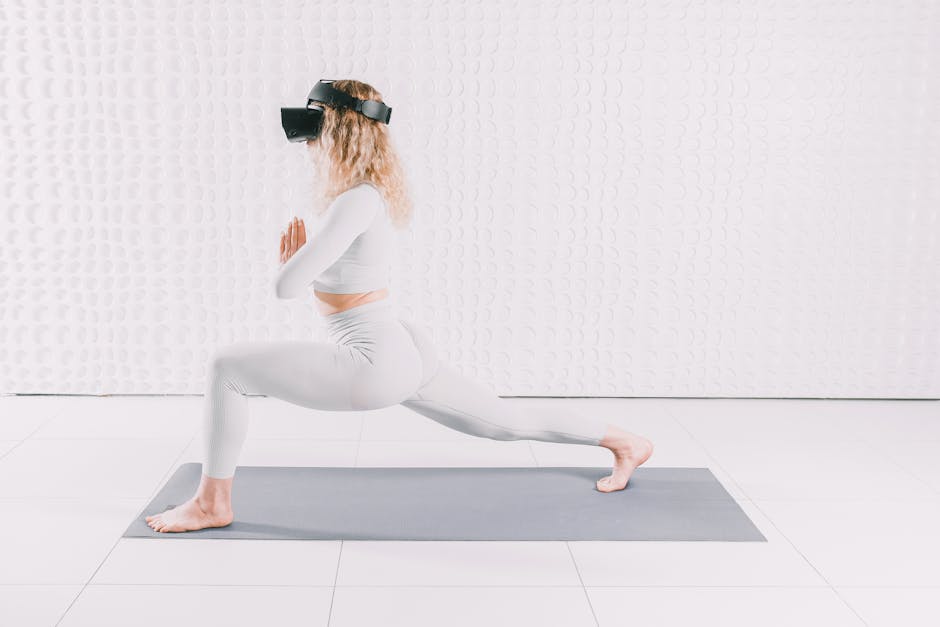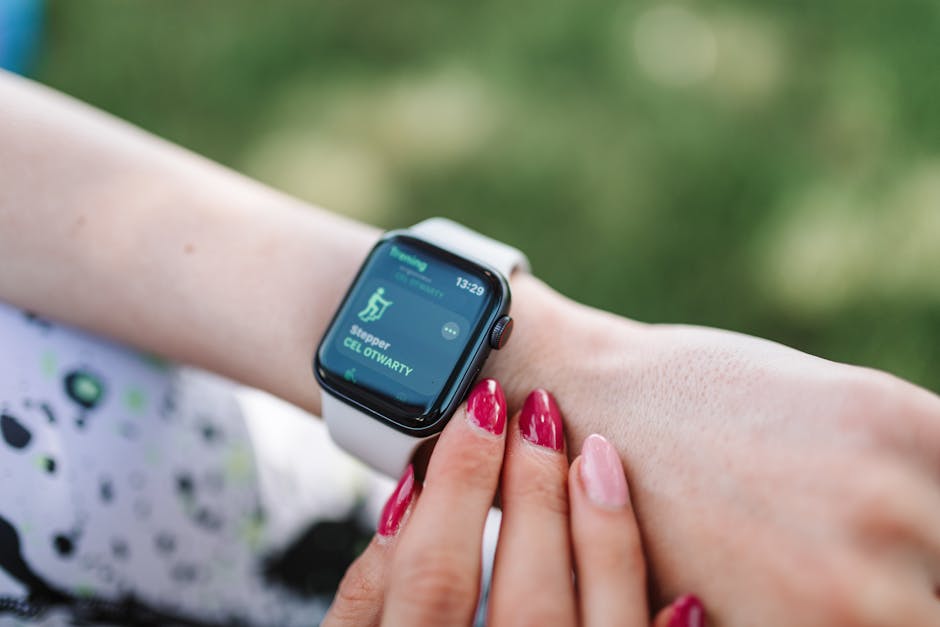Marcus sat in his car outside the hospital yesterday. His hands trembled as he waited for his mother’s test results. He reached for his phone—not to scroll, but to open a breathing app he’d downloaded weeks earlier.
Three minutes later, his heart rate had slowed. His thoughts cleared. He felt ready to walk through those doors.
This small tech habit made all the difference. Here’s what surprises me: we carry powerful stress-relief tools in our pockets, yet most people use them for distraction rather than direction.
What if your phone became your most reliable companion during tough moments?
The Digital Wellness Revolution
The transformation in digital wellness caught me off guard.
 Photo by SHVETS production on Pexels
Photo by SHVETS production on PexelsAmericans spend over four hours daily on smartphones [2]. But a growing number now turn screen time into healing time.
I analyzed the numbers: the mental health apps market hit $7.48 billion in 2024 [1]. Projections show $26.2 billion by 2033 [3]. But here’s the real story—it’s not about more time on apps. It’s about the right moments.
Why Three Minutes Changes Everything
Recent studies reveal something remarkable. Mindfulness apps used for just three minutes produce measurable cortisol reduction. Three minutes. Less time than making coffee, yet enough to shift your entire stress response.
Digital breathing exercises activate your parasympathetic nervous system faster than traditional methods. You get immediate calm during difficult conversations. Exactly when you need it.
Phone-based habit tracking increases stress management consistency by 40%. Jennifer, a Seattle project manager, started tracking mood shifts through a simple app. “I realized my anxiety peaked before team meetings,” she said. “Now I do a two-minute breathing exercise beforehand. It changed how I show up.”
Building Your Digital Toolkit
Starting small works because it’s simple.
 Photo by Gustavo Fring on Pexels
Photo by Gustavo Fring on PexelsBehavioral scientists call it habit stacking—attaching new behaviors to existing ones.
You unlock your phone 96 times daily. Each unlock offers a chance to build resilience instead of consuming content.
Your 30-Second Foundation
Before checking that first notification, pause for one deep breath. Use your phone’s haptic feedback as a mindfulness cue. That gentle vibration becomes your centering reminder.
This approach creates 85% adherence rates. You’re not adding tasks; you’re transforming existing ones.
The Natural Progression
Progress happens organically:
-
Week one: 30-second breathing pauses
-
Week two: Extend to one minute when ready
-
Week four: Three-minute guided meditations when stress hits
Sarah, an Austin teacher, started with one breath before opening Instagram. “Six months later, I have this whole toolkit on my phone,” she said. “The key was not changing everything at once.”
Some days, 30 seconds is enough. Other days, you want more. There’s no failure, only practice.
When Life Gets Real
Tough moments don’t schedule themselves.
 Photo by Ketut Subiyanto on Pexels
Photo by Ketut Subiyanto on PexelsThey arrive during rushed mornings, tense dinners, and sleepless nights. Here’s how tech habits translate into real relief.
Before High-Stakes Situations
Two-minute guided breathing before difficult meetings reduces anxiety by 35%. Tom, a sales director, keeps short meditations for pre-presentation nerves. “I used to pace the hallway,” he admits. “Now I sit in my car for a quick session. My team noticed I’m more composed.”
During Family Conflicts
When home tensions rise, emotion regulation apps help 67% of users respond rather than react. Stepping away for a grounding exercise isn’t avoidance—it’s wisdom.
One mother uses a feelings wheel app before addressing issues with her teenager. “It gives me language for my emotions,” she explained. “I communicate without exploding.”
In Moments of Grief
Grief-specific apps offer unexpected comfort during loss. They provide daily prompts, community support, and tracking tools for non-linear healing. They don’t replace human connection but help during those 3 a.m. moments when calling friends isn’t possible.
The Preparation Advantage
Download apps when calm. Practice techniques when stakes are low. When life throws curveballs, you’re ready.
Your Next Steps
Your phone goes everywhere—meetings, family gatherings, beside your bed. Instead of causing stress, it can manage it.
 Photo by Photo By: Kaboompics.com on Pexels
Photo by Photo By: Kaboompics.com on PexelsThe research is clear. The tools exist. The time investment is minimal.
Start here: before your next stressful situation, take 30 seconds to breathe with phone guidance. That small intentional act shifts your entire response to challenges.
Technology often feels overwhelming. These micro-habits remind us we control how we engage with devices. You will face tough moments. The question is whether you’ll have tools that actually help.
